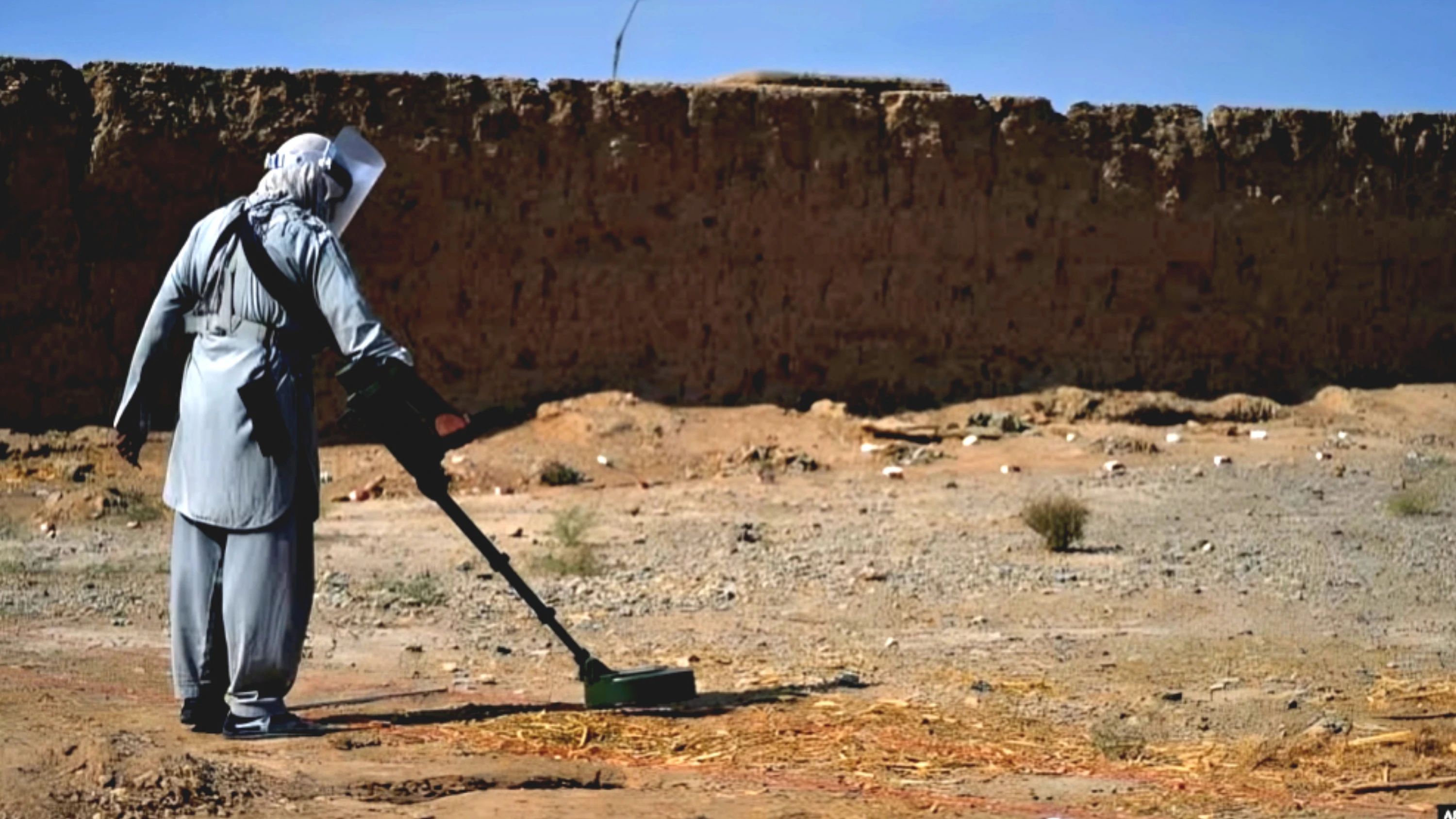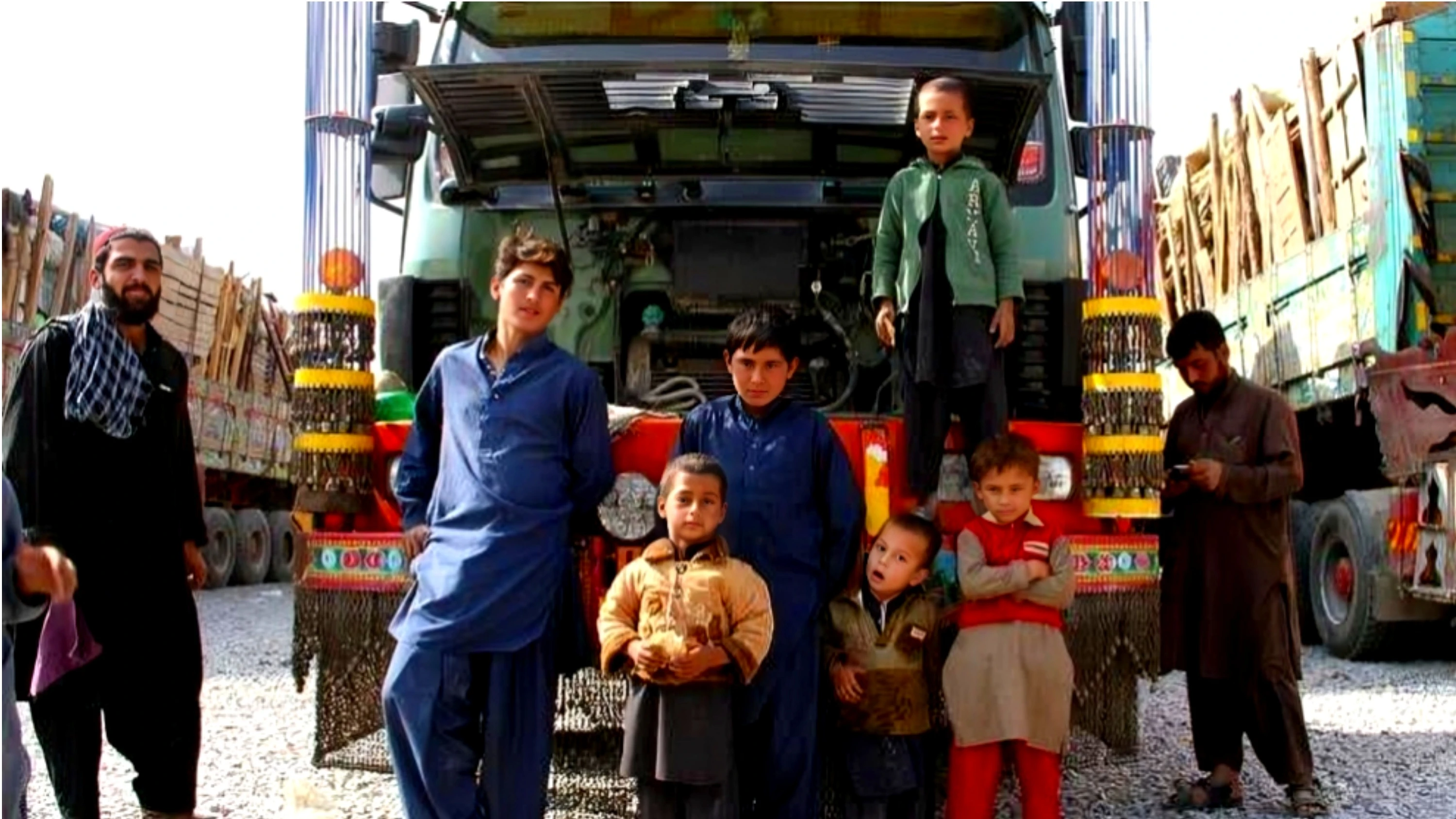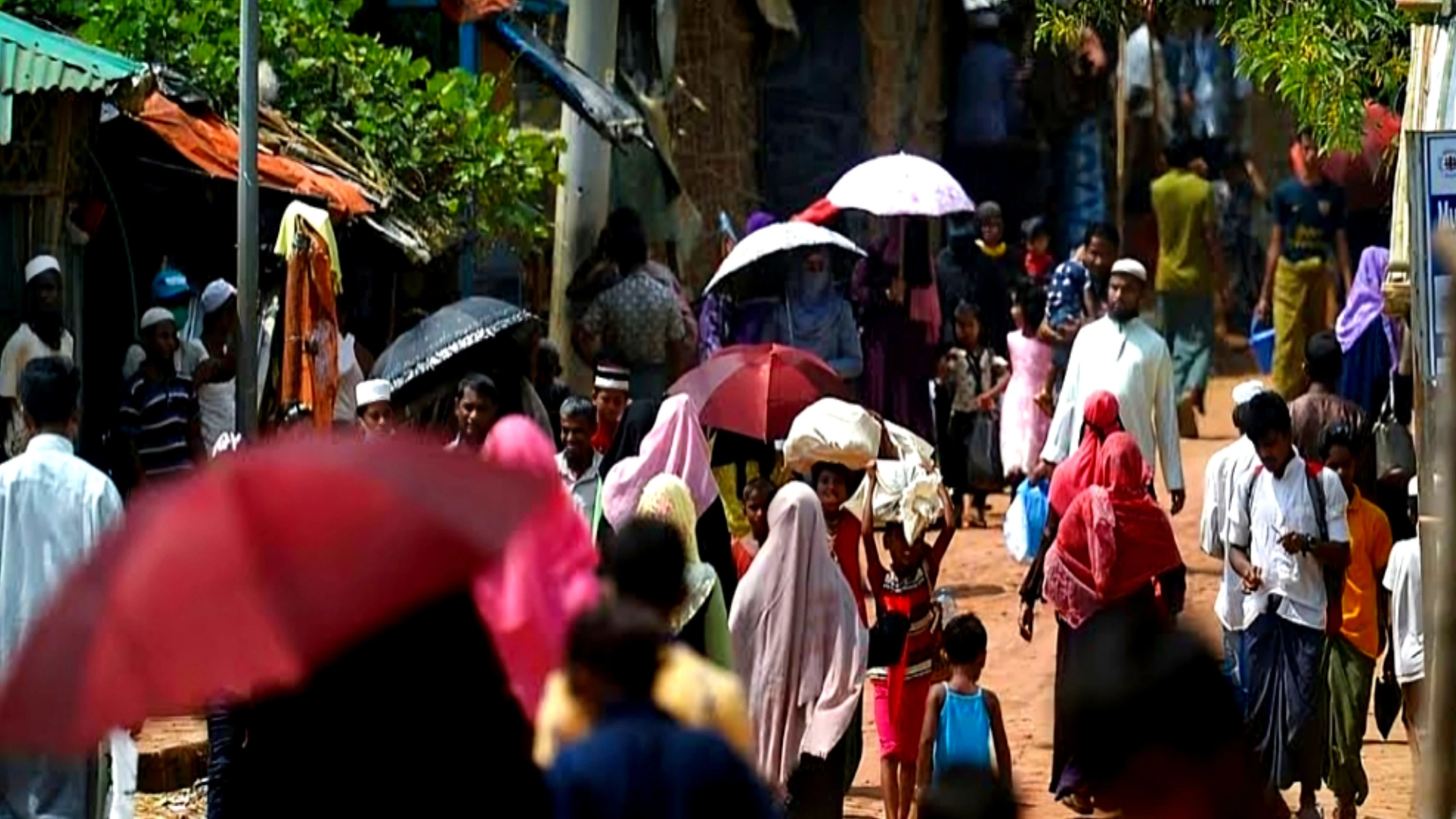Islamabad: Pakistan has issued a warning that Afghan refugees who are not accepted for resettlement by the United States will be considered illegal immigrants and face deportation.
Deputy Prime Minister and Foreign Minister Ishaq Dar, in an interview with Turkish broadcaster TRT, stated that while Pakistan is open to discussions with the U.S. on the matter, those refugees whose resettlement has been denied will be subject to expulsion.
“We will review the situation and engage in negotiations, but fundamentally, if a refugee is taken by another country through a proper procedure, that is acceptable. However, if a country refuses to accept them, that person will be deemed an illegal immigrant in Pakistan,” Dar explained.
He further added, “We may be forced to send such refugees back to their home country, Afghanistan.”
Since the Taliban takeover in August 2021, approximately 600,000 Afghans have fled to Pakistan, fearing persecution. Many have sought resettlement in third countries, particularly the United States. While around 80,000 Afghans have been successfully relocated, over 40,000 remain in limbo.
It was initially expected that approximately 25,000 refugees would be settled in the U.S., but President Donald Trump’s abrupt suspension of the resettlement program left nearly 20,000 Afghans uncertain about their future in Pakistan.
Under an executive order issued by Trump on January 20, the Department of Homeland Security and the State Department were given 90 days to submit a report on whether resuming refugee admissions under the U.S. Refugee Admissions Program (USRAP) aligns with American interests. However, reports suggest that the office overseeing Afghan resettlement in the U.S. has been instructed to prepare for closure by April, dashing the hopes of those awaiting relocation.
The group of Afghan refugees seeking third-country resettlement includes individuals who risked their lives to support international efforts in Afghanistan, including interpreters and support staff who worked with the U.S. government and allied forces, as well as Afghan journalists, human rights activists, and aid workers.
In November 2023, Pakistan launched a crackdown on undocumented foreign nationals, resulting in the deportation of over 815,000 individuals so far. Initially, Pakistan allowed those awaiting resettlement in third countries to remain until their applications were processed, amid pressure from human rights groups and foreign governments who feared that returning vulnerable refugees to Afghanistan would expose them to Taliban persecution. However, Dar’s recent remarks suggest that this leniency may soon end.
Pakistan is currently hosting over 2.5 million Afghan refugees, half of whom are registered with the UNHCR. Those who were previously registered have been granted an extension until June 2025.
Last month, Prime Minister Shehbaz Sharif’s office announced a three-phase plan for repatriating Afghan refugees, setting a March 31 deadline for expelling undocumented Afghan nationals from Islamabad and Rawalpindi.
Foreign governments willing to accept refugees have been urged to accelerate their resettlement processes before the deadline, or else risk having these refugees deported back to Afghanistan.








